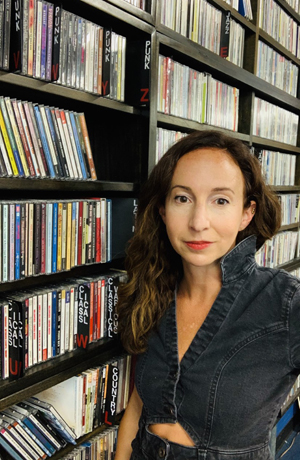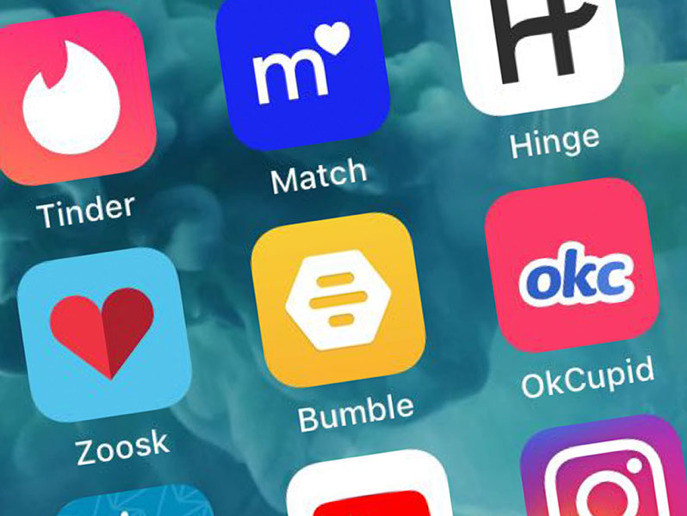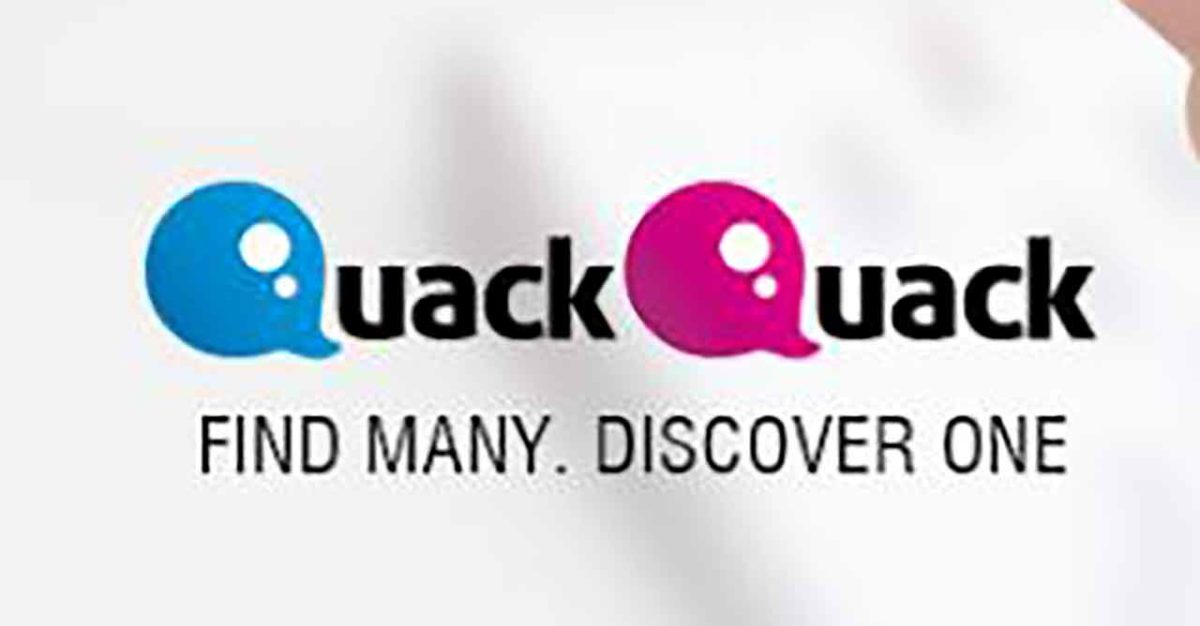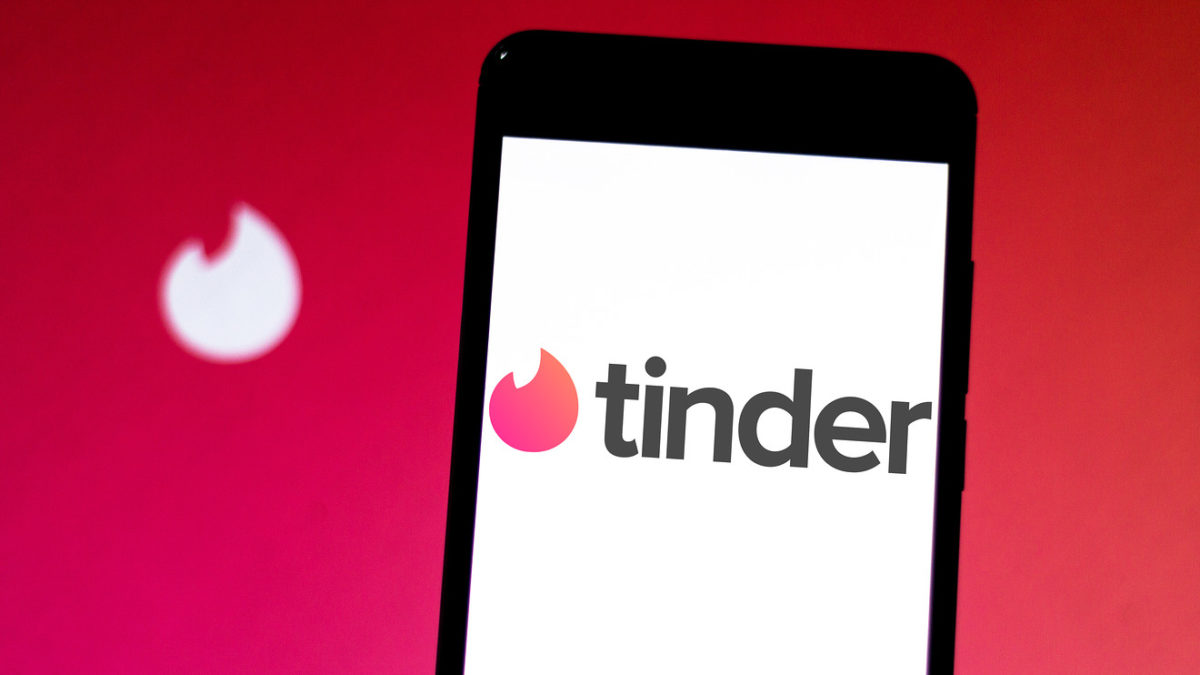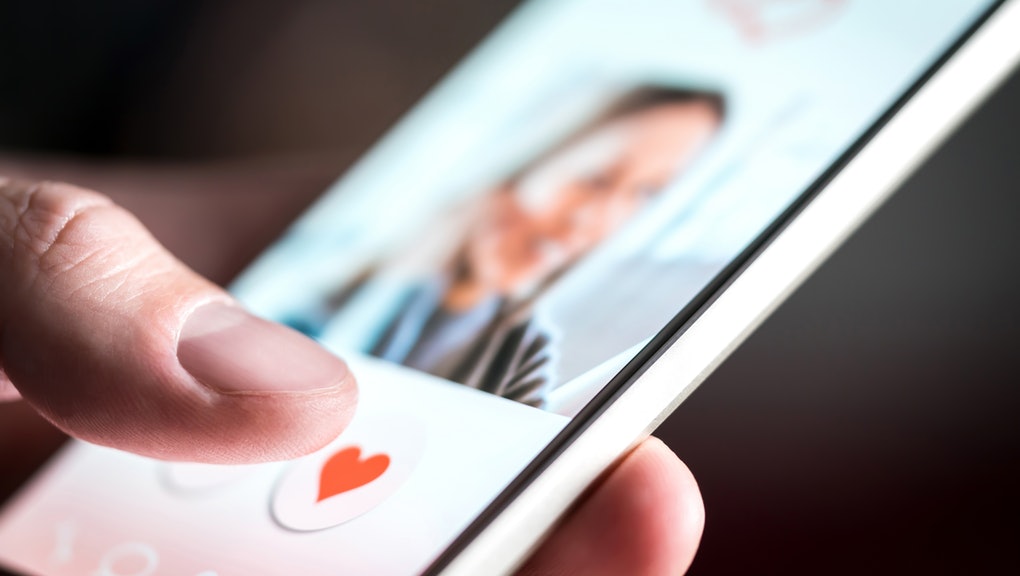After gay marriages are legal in India, the LGBTQ+ group had to face many difficulties. things were still not normal to them and hence, people used to see them from a different aspect. However, a good news is that finally in India, there is a LGBTQ+ users app available and here is the interview with the makers of the app. Let us read that here.
What was the idea behind creating the app?
After Section 377 was struck down, we realised how there weren’t platforms for people to meet. We read a survey that only six per cent of those in the LGBTQ+ community (in India) have come out of the closet — on social media and personally to their peers. We wanted to create a space where even the closeted people could interact with each other, and choose to be anonymous till they want. This could also be an opportunity for them to come out — especially those who don’t have enough people to reach out and talk to.
Does being an Indian app also influence your approach?
We do not emphasise on giving a photo. We were very sceptical about this, but we have got a very good response. The community wants to connect with more people who are like them and find solace in talking to others going through the same issues. We have a strong verification process so we are able to filter out fake or junk profiles pretty early on. In the future, we may ask members to upload a photo but we will still want people to talk about themselves. We want to change the perspective of LGBTQ+ dating from hookups to serious relationships. In the Indian scenario, we are already working on including regional languages since English is not the first language for a lot of people.
How has the response been till now?
We’re about two months old and are seeing around 50 to 60 signups on a daily basis, which is good since we haven’t done any marketing. We are focusing more on engaging with the users and giving them more tools to engage with each other. We also learn and improvise from the feedback. For example, our questions to the users for making their profiles were very boxed, there were no open text areas. When people said that they needed more space to express themselves, we made that change.
